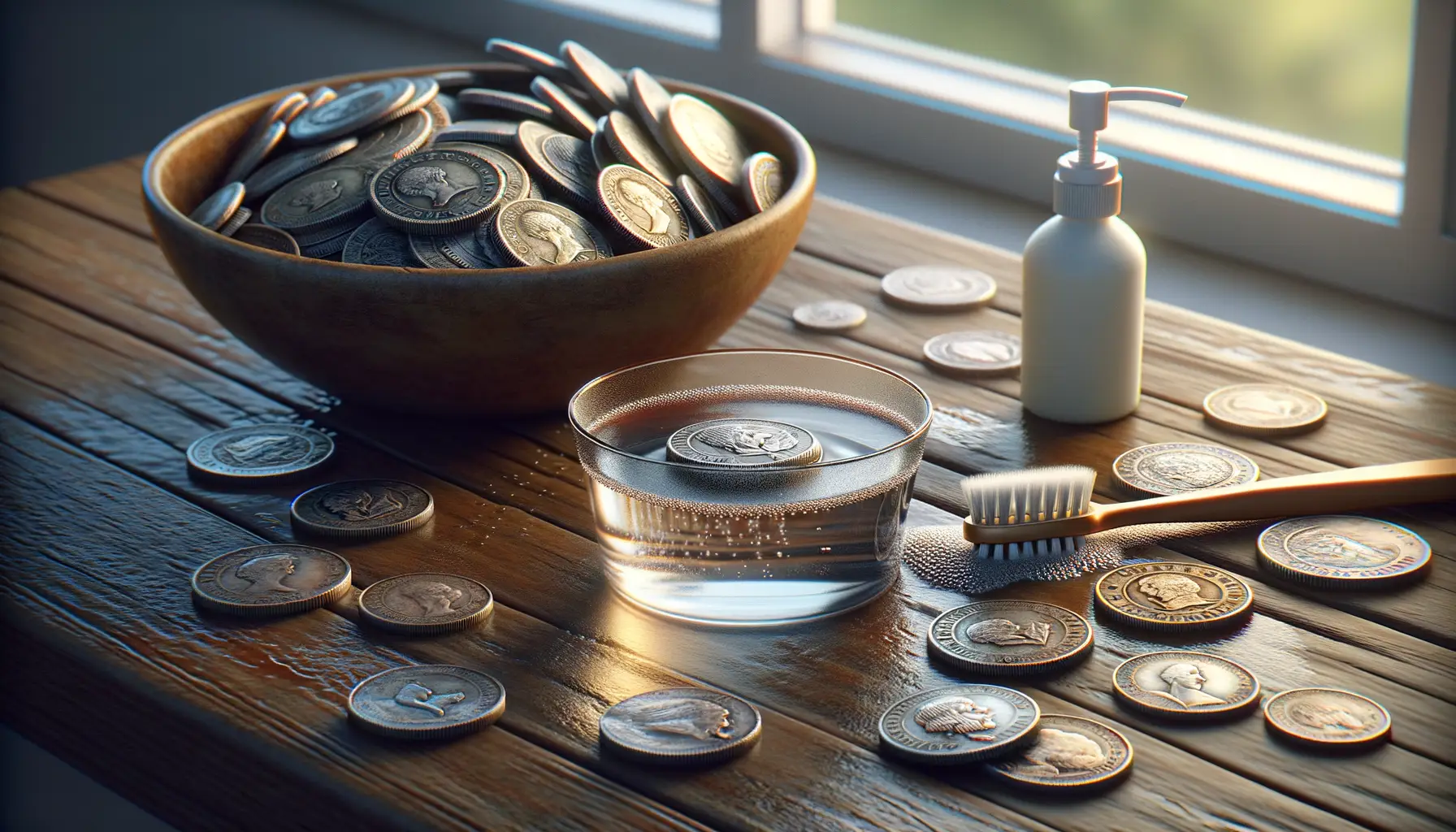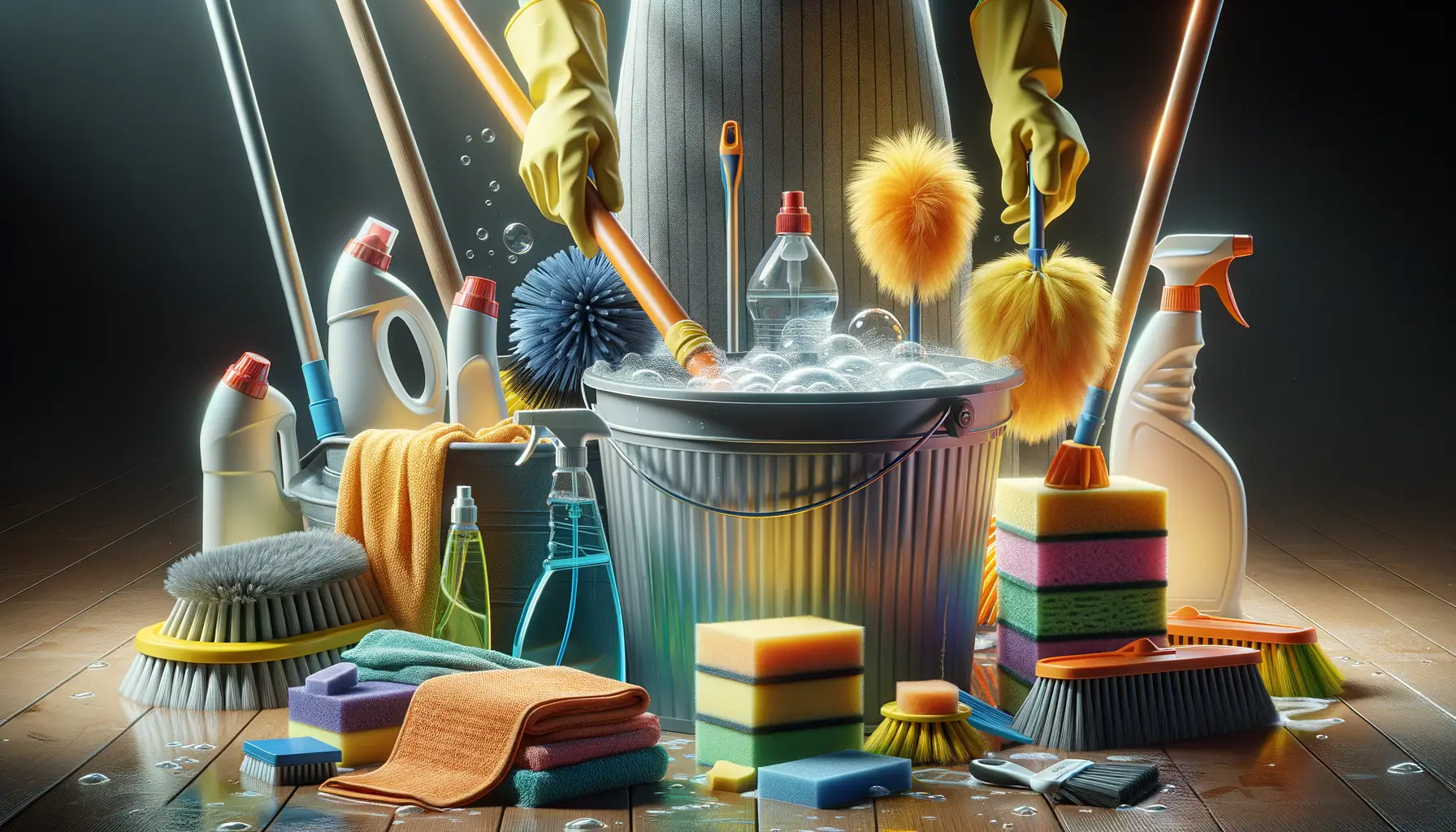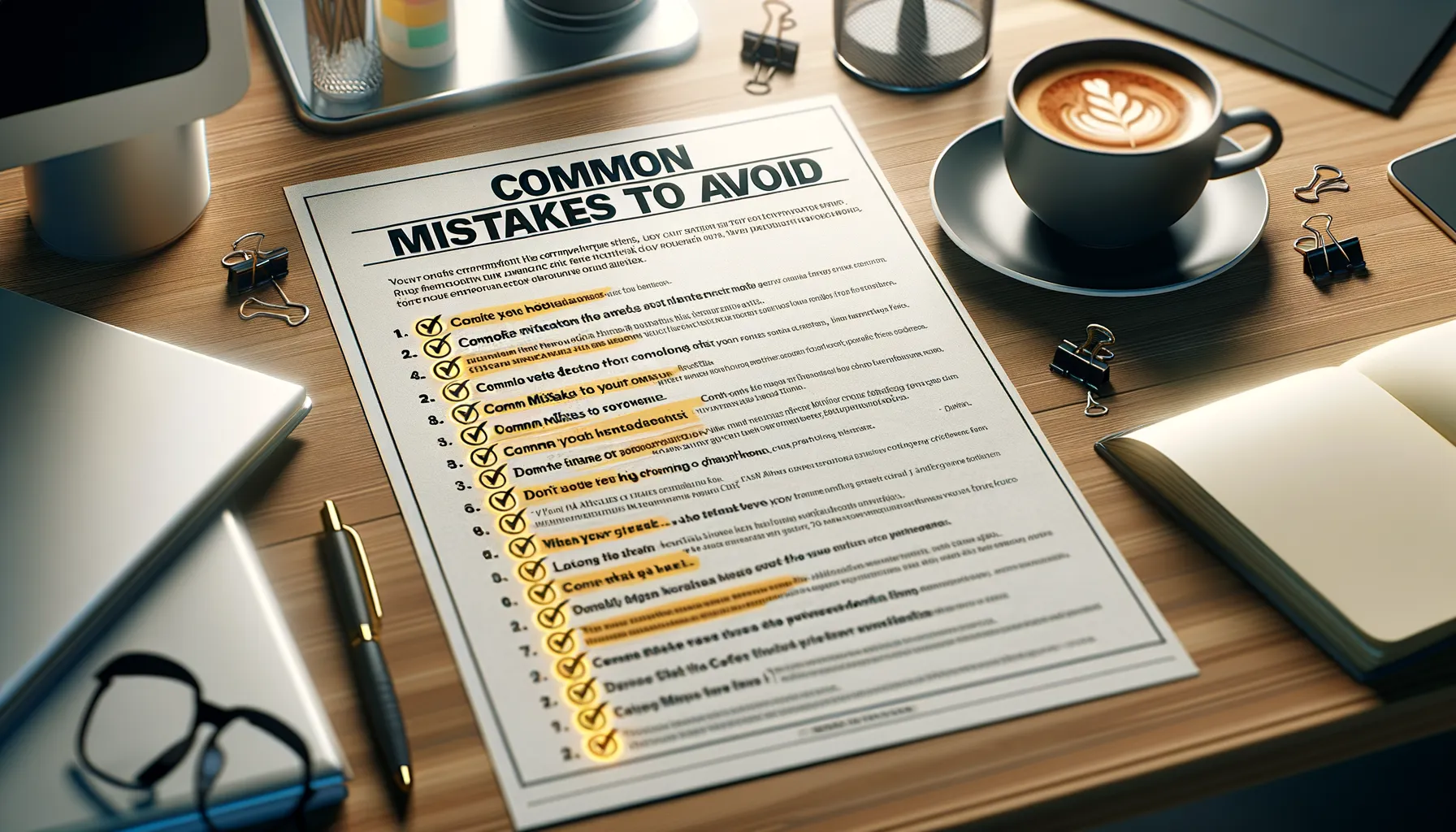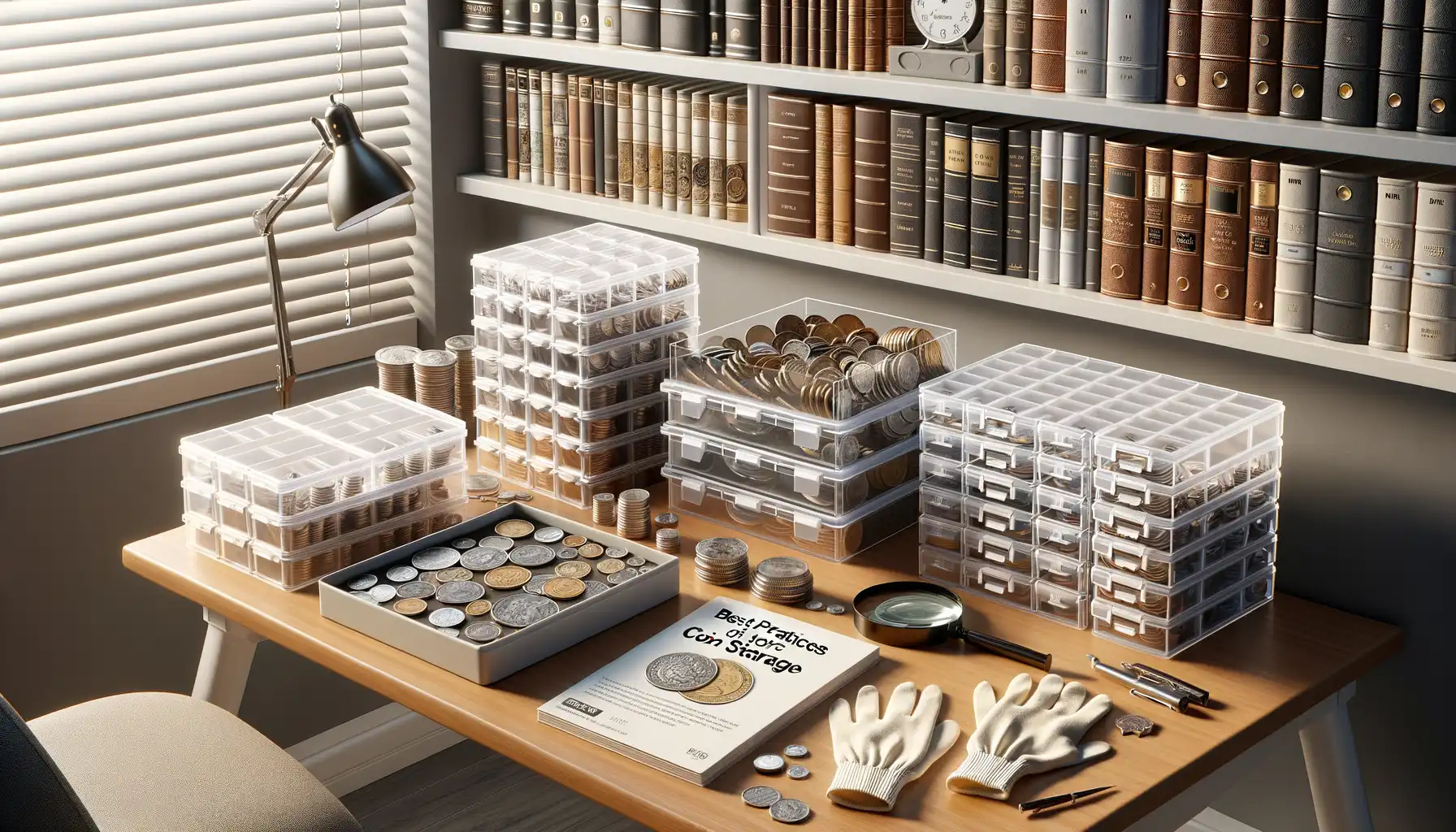Understanding the Importance of Coin Preservation
The Heart and Soul Behind Coin Preservation
Imagine this: you hold a 19th-century coin in your hand. Its weight, texture, and subtle shine speak of distant times, long-forgotten stories, and hands that once held it with the same reverence. Preserving such treasures isn’t just about protection—it’s about honoring their journey.
Every scratch or blemish on a coin whispers of its past; each dent may echo a bustling marketplace, an historic trade, or the pocket of a soldier. But without proper care, these delicate markers could fade into oblivion. That’s why treating coins with intention is so vital.
What happens if preservation takes a backseat? Think discoloration, corrosion, and even irreversible damage. Neglect can erase centuries of history, leaving a hollow shell where vibrancy once thrived.
- Corrosion can eat away precious details, erasing designs and inscriptions forever.
- Improper cleaning destroys patinas, stripping away their authenticity and market value.
- Exposure to moisture or the wrong materials can lead to oxidation, tarnishing their beauty.
So, as you dive deeper into the world of coin care, remember, preserving a coin is like preserving a memory—it’s an artful dance of respect and responsibility.
Natural Cleaning Techniques for Coins

Breathe New Life into Coins with Simple Ingredients
Imagine holding a coin steeped in history, its details hidden under years of tarnish. You don’t need harsh chemicals to reveal its shine—just the magic of natural ingredients from your home! The best part? These methods aren’t just effective; they’re kind to the environment and your treasured pieces.
For mild dirt or grime, try soaking coins in warm water mixed with a splash of gentle dish soap. Let them relax for 10–15 minutes, then use a soft toothbrush (an old one works great!) to gently scrub away the residue. Feel like you’re giving your coins their own spa day!
Looking for a little extra sparkle? Create a paste with baking soda and water. Rub it lightly on the surface and see the tarnish vanish before your eyes. It’s oddly satisfying—almost like uncovering a hidden treasure beneath layers of time.
- Have some vinegar at home? Combine it with salt for a quick clean-up.
- Lemon juice also works wonders—its natural acidity is like a reset button for stubborn marks.
Remember, less is more when scrubbing. Every coin holds a story worth protecting!
Tools and Materials Required for Cleaning

Essential Tools You’ll Love Using
When it comes to gently coaxing your precious coins back to their natural beauty, the right tools make all the difference. Imagine trying to paint a masterpiece with a broom—wrong tools, wrong results! Instead, equip yourself with these simple yet effective items to keep things smooth and scratch-free:
- Soft-bristle toothbrush: Your go-to for reaching into those intricate designs, working like a magician’s wand to banish dirt without harming delicate surfaces.
- Microfiber cloth: Think of this as the spa treatment your coins deserve—gentle, luxurious, and absolutely lint-free.
- Plastic or rubber gloves: No more worries about leaving fingerprints on history! These will safeguard coins from oils on your skin.
- Distilled water: Tap water can carry unwanted surprises (like minerals). Use distilled to pamper your coins like royalty.
Natural Ingredients That Pull Their Weight
Some materials may already be lurking in your pantry or under the sink, waiting for their time to shine. Let’s talk about the rock stars of natural cleaning:
– Baking soda: A gentle abrasive that’s tough on grime but kind to metal. Mix it with water to create a soft paste and work wonders on stubborn stains.
– Pure olive oil: Not just for salad dressings! This acts as a lubricant to loosen dirt trapped in crevices.
– White vinegar: A mild acid that dissolves tarnish on copper-based coins—but proceed cautiously to avoid over-cleaning.
The secret lies in how you pair these tools and materials. It’s all about teamwork, balancing softness with effectiveness—like a duet where each part complements the other perfectly.
Common Mistakes to Avoid

Overzealous Scrubbing: When Enthusiasm Backfires
It’s tempting to dive in, armed with a toothbrush and a bottle of vinegar, thinking you’re a coin-cleaning superhero. But hold your horses! Over-scrubbing coins is like sanding down the Mona Lisa—it destroys their natural charm. Coins have delicate surfaces, and aggressive cleaning can scratch or strip away their unique patina, which collectors cherish more than gold.
Instead, think of cleaning your coins as giving them a spa day—not boot camp! Gently soak them in natural solutions like distilled water before even thinking about touching their surface. And no, kitchen scrub brushes are not your friends here.
The Danger of “Home Remedies” Gone Wrong
While it may be tempting to Google “coin cleaning hacks,” not every “trick” you read is a good idea. Let’s face it—coins and weird concoctions don’t mix! Some common mistakes include:
- Using acid-based cleansers like lemon juice or vinegar. They can erode and discolor metals permanently.
- Relying on baking soda or toothpaste. Yes, your toothpaste smells minty, but it’s abrasive and wreaks havoc on coin surfaces.
In short, avoid any shortcuts that feel too harsh or experimental—you’re preserving history, not scrubbing a frying pan!
Best Practices for Coin Storage

Creating the Perfect Sanctuary for Your Coins
Storing coins isn’t just about tucking them away in a random box—it’s about giving them a safe, respectful home where their history can thrive. Imagine each coin as a tiny treasure chest of stories; wouldn’t you want to protect those tales? The first rule: ditch the ordinary plastic bags. These can trap moisture and, over time, your cherished coins may start to resemble old pennies left in the rain. Instead, invest in archival-quality holders or acid-free flips—they’re like custom-made suits for your coins.
Another lifesaver? Location, location, location. Keep your collection in a stable environment where the temperature and humidity aren’t doing a wild dance. Ideal conditions hover around 50% humidity and room temperature; basements and attics should be on the “not here” list.
- Avoid storing coins in wood boxes—they release acids that can tarnish metal.
- Choose protective cases with secure closures to keep dust and air at bay.
Every storage choice you make whispers to future generations: “These coins were loved, and their stories matter.” Treat them accordingly.
